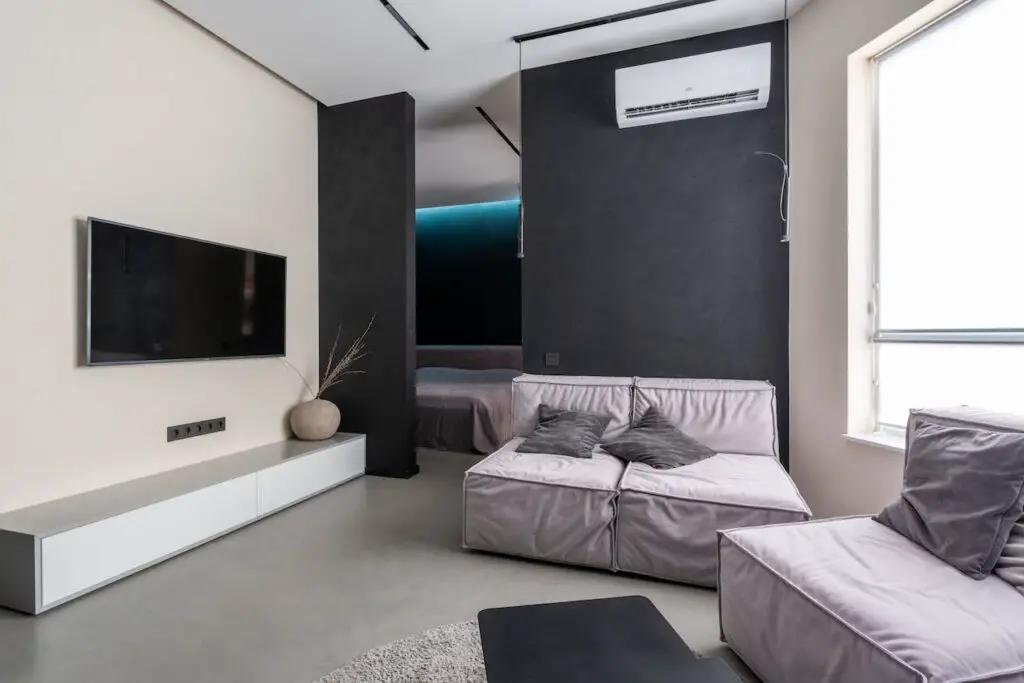The quality of the air we breathe indoors is crucial for our health and well-being, and HVAC (Heating, Ventilation, and Air Conditioning) systems play a significant role in maintaining this indoor air quality (IAQ). As HVAC systems regulate the airflow, temperature, and humidity levels in our homes and workplaces, understanding their impact on air quality is essential.
In this article, we’ll explore the critical connection between HVAC systems and indoor air quality, highlighting the importance of proper maintenance and advanced features to ensure a healthy indoor environment.
Understanding Indoor Air Quality
Indoor air quality refers to the air quality within and around buildings and structures, especially as it relates to the health and comfort of building occupants. Poor IAQ can lead to health issues like allergies, respiratory problems, and even long-term health effects. This is why indoor air safety is becoming more and more important in the HVAC industry nowadays.
Factors influencing IAQ include pollutants like dust, pollen, mold spores, and chemicals from various sources such as cleaning products, building materials, and outdoor air.
How HVAC Systems Affect IAQ
Your HVAC system is central to managing IAQ as it circulates air throughout your space. A well-functioning HVAC system can filter out many of these pollutants, but a poorly maintained system can do the opposite — circulating dust, mold, and other irritants.
1. Filtration Systems
One of the key components in this regard is the air filter. Regularly changing or cleaning the air filters in your HVAC system is crucial for maintaining good IAQ. High-efficiency particulate air (HEPA) filters, for instance, can trap finer particles and allergens, significantly improving the air quality.
2. Humidity Control
HVAC systems also help control humidity levels, which is vital for IAQ. Too much humidity can encourage mold growth and increase allergen levels, while too little can lead to dry air that can irritate the respiratory system. Maintaining a balanced humidity level through your HVAC system is therefore essential for a healthy indoor environment.
Ventilation and Fresh Air Intake:
Proper ventilation is another critical aspect of managing IAQ through your HVAC system. Ventilation involves the exchange of indoor air with fresh outdoor air, which helps dilute indoor pollutants. HVAC systems often incorporate ventilation components such as exhaust fans and air exchangers. Ensuring that your HVAC system is designed to bring in an adequate amount of fresh outdoor air can help reduce the concentration of indoor pollutants and maintain better IAQ. Periodic inspection and maintenance of these ventilation components are essential to ensure they function optimally.

Ductwork Maintenance:
The ductwork within your HVAC system plays a significant role in maintaining IAQ. Over time, dust, debris, and even mold can accumulate inside ducts, which can then be circulated throughout your living or working space. Regular duct cleaning and inspection are necessary to prevent the buildup of contaminants and ensure that the air circulating through your HVAC system remains clean and free of pollutants. Leaky or poorly insulated ducts can also introduce outdoor pollutants and allergens into your indoor environment, making proper ductwork maintenance vital for IAQ improvement.
UV Germicidal Lamps and Air Purifiers
For enhanced IAQ, some HVAC systems can be equipped with additional technologies such as UV germicidal lamps and air purifiers. UV lamps can help sterilize the air by destroying bacteria and viruses, while air purifiers can remove airborne particles like dust, pollen, and pet dander. Integrating these technologies into your HVAC system can provide an extra layer of protection against indoor pollutants, especially for individuals with allergies or respiratory conditions. Regular maintenance and replacement of these components are essential to ensure their continued effectiveness in improving IAQ.
Enhancing IAQ with HVAC System Upgrades
1. Smart HVAC Systems
Modern smart HVAC systems offer advanced features that can further improve IAQ. These systems can be programmed to regulate air quality, with sensors to monitor and adjust the indoor environment based on various factors like occupancy and outdoor air quality.
2. Regular Maintenance and Cleaning
Routine maintenance of your HVAC system, including professional cleaning of ducts and vents, is vital. Over time, these components can accumulate dust and other pollutants, which are then circulated through your home or office.
3. Ventilation Improvements
Improving ventilation is another way to enhance IAQ. Ensuring that your HVAC system is properly circulating fresh air from outside can reduce the concentration of indoor pollutants.
The Role of Personal Responsibility
While HVAC systems play a critical role, personal actions are also important. Reducing the use of harsh chemical cleaners, ensuring proper ventilation when using such products, and avoiding indoor smoking can significantly improve IAQ.
Conclusion
The connection between HVAC systems and indoor air quality is undeniable and critical for our health. By understanding this relationship, you can take proactive steps to maintain and improve your HVAC system, thus ensuring a healthier indoor environment.
Regular maintenance, advanced filtration, and smart technology integration are key strategies in this regard. Remember, a well-maintained HVAC system not only provides comfort but also safeguards the air you breathe every day.




